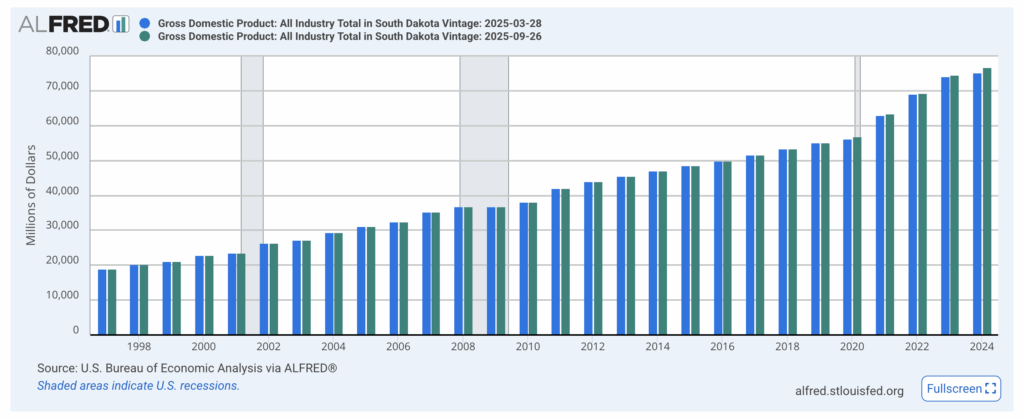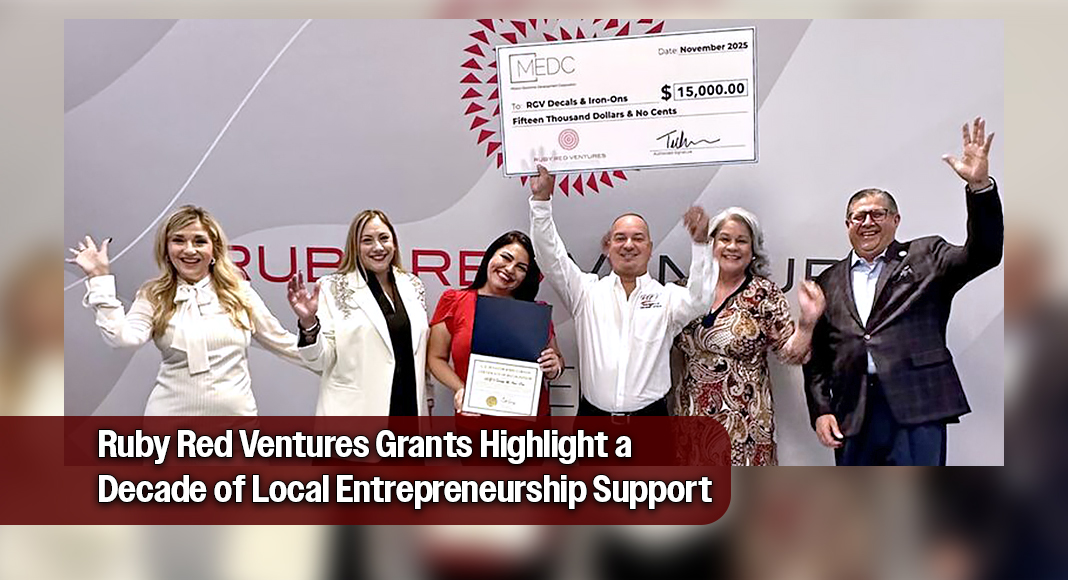GCU’s greatest currency is how it builds an economy by building community – GCU News

Report on Grand Canyon University’s Socio-Economic Impact and Alignment with Sustainable Development Goals (SDGs)
Introduction: Inclusive Development as a Core Strategy
An economic impact study conducted by Rounds Consulting Group on Grand Canyon University (GCU) revealed a strategic focus that transcends typical financial metrics. The university’s operational model is deeply integrated with community outreach, a practice the report identifies as “inclusive development.” This approach ensures that the benefits of economic progress are shared broadly, preventing marginalization and aligning directly with the principles of the United Nations Sustainable Development Goals (SDGs). This report details GCU’s initiatives and their contributions to specific SDGs, particularly in fostering economic growth, building sustainable communities, and advancing quality education.
Fostering Economic Growth and Reducing Poverty (SDG 1, SDG 8)
Direct Economic Contributions
The university’s presence is a significant driver of regional economic activity, directly supporting SDG 8: Decent Work and Economic Growth. Key metrics from the economic analysis include:
- Support for 21,248 full-time equivalent jobs throughout Arizona.
- Generation of $1.1 billion in labor income.
- An annual economic output of $2.8 billion from university operations.
- Contribution of $80.7 million in state and local tax revenues.
Alleviating Poverty and Hardship
GCU’s commitment to SDG 1: No Poverty is exemplified by the GCU CityServe initiative. This program functions as a critical support system for vulnerable populations by distributing essential goods through a network of community partners.
- Partnership Network: CityServe collaborates with over 100 faith-based organizations, such as Reborn Church, to reach families in need.
- Quantifiable Impact: Since 2021, the initiative has distributed over $15.3 million in goods to more than 74,000 families.
- Volunteer Mobilization: This was achieved through 44,300 volunteer hours, valued at $728,900, demonstrating a significant community engagement effort.
Building Sustainable, Safe, and Inclusive Communities (SDG 10, SDG 11, SDG 16)
Enhancing Public Safety and Strengthening Institutions
GCU actively contributes to SDG 11: Sustainable Cities and Communities and SDG 16: Peace, Justice and Strong Institutions through targeted safety and collaborative initiatives.
- Neighborhood Safety Initiative: A partnership with the city of Phoenix resulted in a 37.7% reduction in crime over 11 years, preventing an estimated 661 crimes annually and saving over $65.6 million.
- 27Collab Coalition: This coalition unites approximately 80 neighborhood groups, businesses, and residents to collectively address community challenges, embodying SDG 17: Partnerships for the Goals.
- Private Security Collaborative: As part of 27Collab, members pool resources to fund private security patrols, enhancing safety for local businesses like E2 Innovations and reducing the burden on public law enforcement.
Improving Housing and Promoting Inclusive Growth
The university’s efforts directly address housing stability and equitable development, key targets of SDG 10: Reduced Inequalities and SDG 11.
- Habitat for Humanity Partnership: Since 2015, GCU and its partners have renovated 537 homes, improving living conditions and safety for residents like Shirley Dieckman.
- Economic Uplift without Displacement: These renovations have increased property values, contributing an estimated $946,200 annually in local property tax revenues. The median home value in the 85017 ZIP code has increased by 842% since 2011, building household wealth for existing residents.
- Support for Diverse Communities: The surrounding neighborhood has seen increased diversity, with the share of residents identifying as two or more races rising from 4.0% to 17.2% between 2010 and 2020, while household incomes have improved, demonstrating successful inclusive growth.
Advancing Quality Education and Lifelong Opportunities (SDG 4)
Youth Mentorship and Educational Access
GCU leverages its academic resources to support SDG 4: Quality Education for K-12 students in the surrounding community, aiming to create pathways to higher education and skilled careers.
- Community Tutoring and Mentorship: University students volunteer at community centers like Rehoboth Place, providing tutoring and mentorship that broadens the aspirations of local youth.
- Canyon Rising Scholarship Program: This initiative provides scholarships to students from local high schools. To date, its 218 graduates are estimated to generate $1.2 million in annual state and local tax revenues, transforming individual lives and contributing to the regional economy.
Conclusion: A Model for Partnership-Driven Sustainable Development (SDG 17)
Grand Canyon University’s community engagement strategy serves as a comprehensive model for achieving the Sustainable Development Goals. By prioritizing “inclusive development,” the university has demonstrated that an institution’s greatest impact can extend beyond its campus. Through strategic collaborations with residents, businesses, non-profits, and government entities—a clear application of SDG 17: Partnerships for the Goals—GCU is actively working to reduce poverty, improve education, foster economic growth, and build safer, more inclusive communities. The Rounds study concludes that GCU’s community services reduce the need for governmental expenditures, creating value that extends beyond traditional economic metrics and confirming that “the whole is truly greater than the sum of the parts.”
Analysis of Sustainable Development Goals in the Article
1. Which SDGs are addressed or connected to the issues highlighted in the article?
- SDG 1: No Poverty – The article discusses initiatives to support vulnerable populations and low-income families with essential goods.
- SDG 4: Quality Education – It highlights tutoring programs, scholarships for K-12 youth, and the inspirational effect of university students on children’s career aspirations.
- SDG 8: Decent Work and Economic Growth – The article details the university’s significant economic impact, including job creation, increased labor income, and support for local businesses.
- SDG 10: Reduced Inequalities – The concept of “inclusive development” is central, focusing on ensuring that progress and growth benefit everyone, particularly in diverse and historically disadvantaged neighborhoods.
- SDG 11: Sustainable Cities and Communities – A major focus is on improving neighborhood safety, reducing crime, upgrading housing, and fostering community collaboration to create safer, more resilient urban environments.
- SDG 16: Peace, Justice and Strong Institutions – The article describes partnerships with the city and private security efforts to reduce crime and violence, thereby promoting peaceful and inclusive societies.
- SDG 17: Partnerships for the Goals – The entire article is a testament to multi-stakeholder partnerships, showcasing collaboration between the university, local businesses, faith-based organizations, community groups, and city government.
2. What specific targets under those SDGs can be identified based on the article’s content?
- SDG 1: No Poverty
- Target 1.2: By 2030, reduce at least by half the proportion of men, women and children of all ages living in poverty in all its dimensions according to national definitions. The GCU CityServe initiative directly addresses this by supplying essential goods to vulnerable populations and over 74,000 families in need.
- SDG 4: Quality Education
- Target 4.3: By 2030, ensure equal access for all women and men to affordable and quality technical, vocational and tertiary education, including university. The Canyon Rising scholarship program, which has produced 218 graduates, directly supports this target by providing access to higher education for local youth.
- SDG 8: Decent Work and Economic Growth
- Target 8.3: Promote development-oriented policies that support productive activities, decent job creation, entrepreneurship, creativity and innovation. The article states that GCU’s presence supports 21,248 full-time equivalent jobs and generates $2.8 billion in economic output, directly contributing to local job creation and economic activity.
- SDG 10: Reduced Inequalities
- Target 10.2: By 2030, empower and promote the social, economic and political inclusion of all, irrespective of age, sex, disability, race, ethnicity, origin, religion or economic or other status. The article explicitly mentions “inclusive development” and notes that household incomes have improved in a neighborhood that has become more diverse, indicating a reduction in economic inequality.
- SDG 11: Sustainable Cities and Communities
- Target 11.1: By 2030, ensure access for all to adequate, safe and affordable housing and basic services and upgrade slums. The partnership with Habitat for Humanity to renovate 537 homes improves housing quality and safety for residents without displacing them.
- Target 11.7: By 2030, provide universal access to safe, inclusive and accessible, green and public spaces, in particular for women and children, older persons and persons with disabilities. The efforts to reduce crime, such as the Neighborhood Safety Initiative and private security patrols, directly contribute to creating safer community spaces.
- SDG 16: Peace, Justice and Strong Institutions
- Target 16.1: Significantly reduce all forms of violence and related death rates everywhere. The partnership with the city’s Neighborhood Safety Initiative, which resulted in a 37.7% reduction in crime, directly addresses this target by making the community safer.
- SDG 17: Partnerships for the Goals
- Target 17.17: Encourage and promote effective public, public-private and civil society partnerships, building on the experience and resourcing strategies of partnerships. The article is built around examples of such partnerships, including the 27Collab (a coalition of 80 neighborhood groups), GCU CityServe’s work with over 100 faith-based organizations, and collaborations with the city of Phoenix and local businesses.
3. Are there any indicators mentioned or implied in the article that can be used to measure progress towards the identified targets?
- SDG 1: No Poverty
- Value of essential goods distributed by GCU CityServe since 2021 ($15.3 million).
- Number of families served by GCU CityServe (over 74,000).
- SDG 4: Quality Education
- Number of graduates from the Canyon Rising scholarship program (218 to-date).
- Estimated annual state and local tax revenues generated by these graduates ($1.2 million).
- SDG 8: Decent Work and Economic Growth
- Number of full-time equivalent jobs supported (21,248).
- Total labor income generated ($1.1 billion).
- Total annual economic output ($2.8 billion).
- Total state and local tax revenues generated ($80.7 million).
- SDG 10: Reduced Inequalities
- Percentage increase in median home values in the 85017 ZIP code since 2011 (842%).
- Demographic shift data showing increased diversity alongside improved household incomes.
- SDG 11: Sustainable Cities and Communities
- Number of homes renovated in partnership with Habitat for Humanity (537).
- Annual local property tax revenues contributed by the rise in value of renovated homes ($946,200).
- SDG 16: Peace, Justice and Strong Institutions
- Percentage reduction in crime from the Neighborhood Safety Initiative (37.7%).
- Absolute reduction in crimes annually (661 fewer crimes).
- SDG 17: Partnerships for the Goals
- Number of neighborhood groups in the 27Collab coalition (about 80).
- Number of faith-based organizations partnering with CityServe (one of more than 100).
- Total volunteer hours contributed to CityServe (44,300).
4. Table of SDGs, Targets, and Indicators
| SDGs | Targets | Indicators |
|---|---|---|
| SDG 1: No Poverty | 1.2: Reduce poverty in all its dimensions. | – $15.3 million in essential goods distributed. – Over 74,000 families served. |
| SDG 4: Quality Education | 4.3: Ensure equal access to affordable and quality tertiary education. | – 218 graduates from the Canyon Rising scholarship program. – $1.2 million in annual tax revenues from graduates. |
| SDG 8: Decent Work and Economic Growth | 8.3: Promote policies that support decent job creation. | – 21,248 full-time equivalent jobs supported. – $1.1 billion in labor income. – $2.8 billion in economic output. |
| SDG 10: Reduced Inequalities | 10.2: Promote social and economic inclusion. | – 842% increase in median home values in ZIP code 85017. – Improved household incomes in a diversifying neighborhood. |
| SDG 11: Sustainable Cities and Communities | 11.1: Ensure access to adequate, safe and affordable housing. 11.7: Provide access to safe and inclusive public spaces. |
– 537 homes renovated. – $946,200 annually in local property tax revenues from renovated homes. |
| SDG 16: Peace, Justice and Strong Institutions | 16.1: Significantly reduce all forms of violence. | – 37.7% reduction in crime. – 661 fewer crimes annually. |
| SDG 17: Partnerships for the Goals | 17.17: Encourage effective public, public-private and civil society partnerships. | – A coalition of 80 neighborhood groups (27Collab). – Partnership with over 100 faith-based organizations. – 44,300 volunteer hours. |
Source: news.gcu.edu

What is Your Reaction?
 Like
0
Like
0
 Dislike
0
Dislike
0
 Love
0
Love
0
 Funny
0
Funny
0
 Angry
0
Angry
0
 Sad
0
Sad
0
 Wow
0
Wow
0
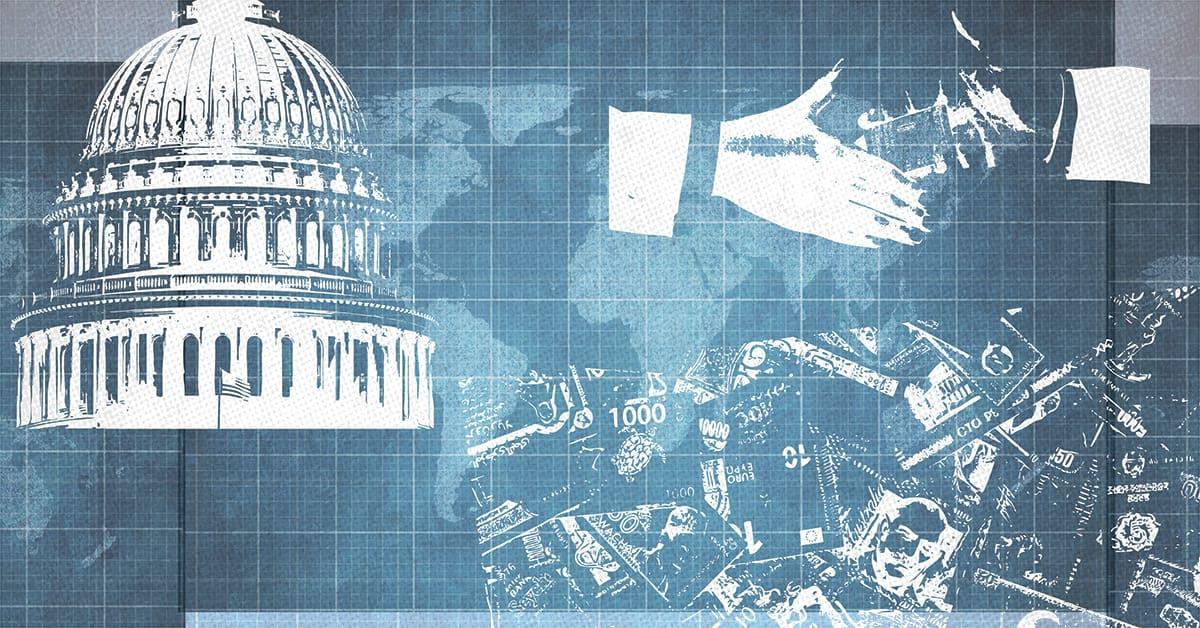




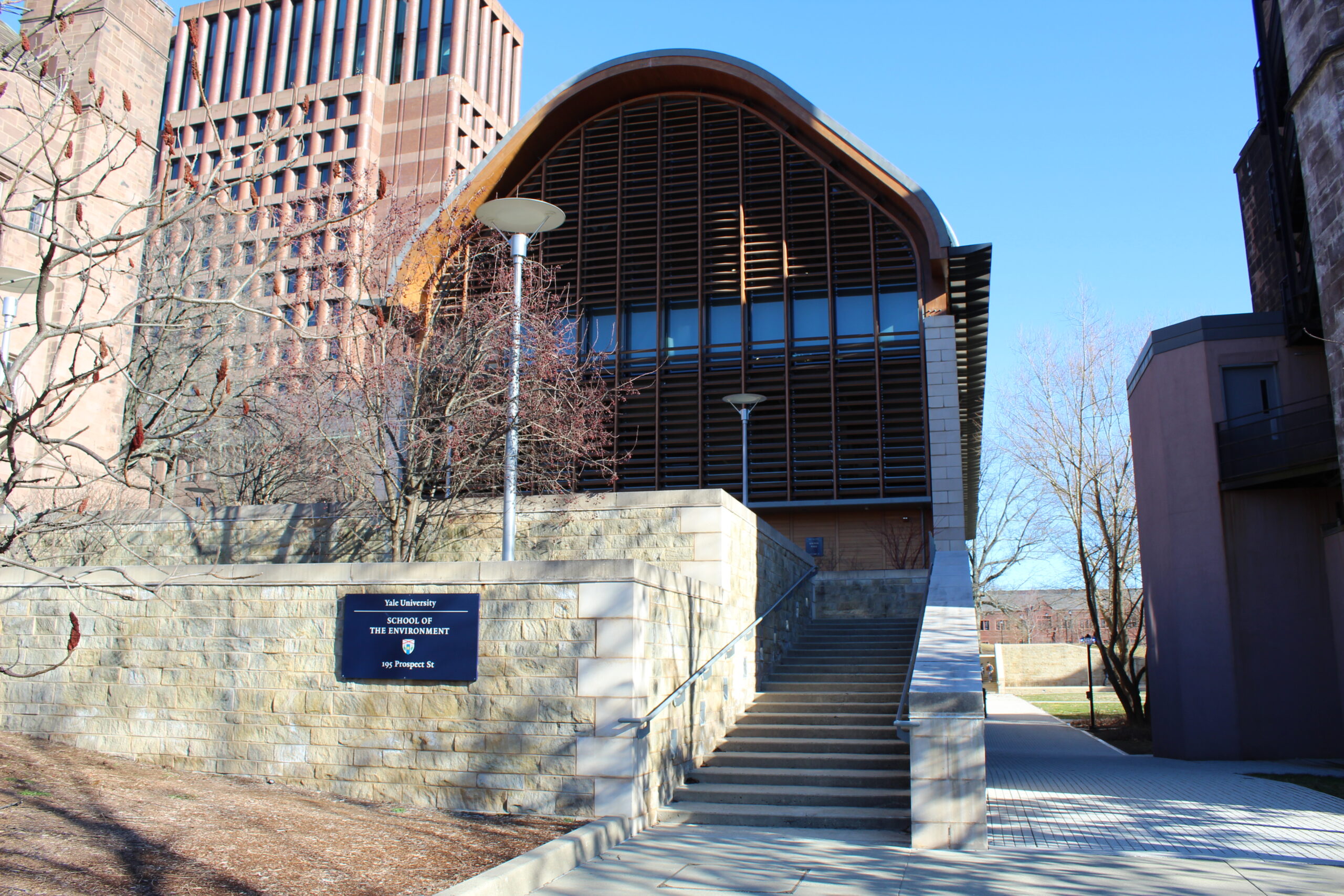
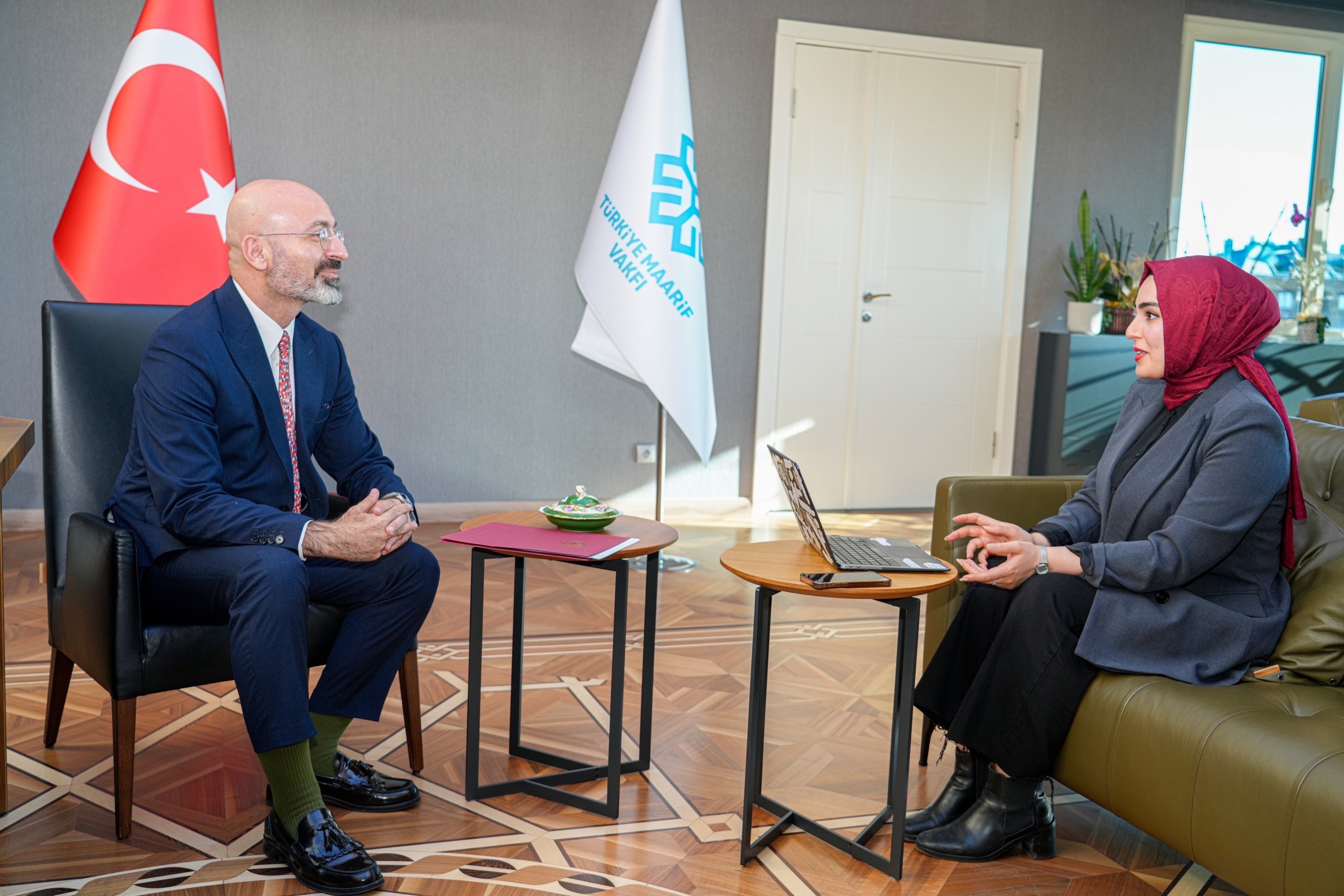
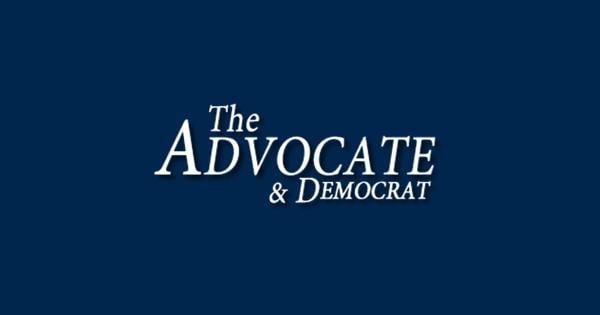







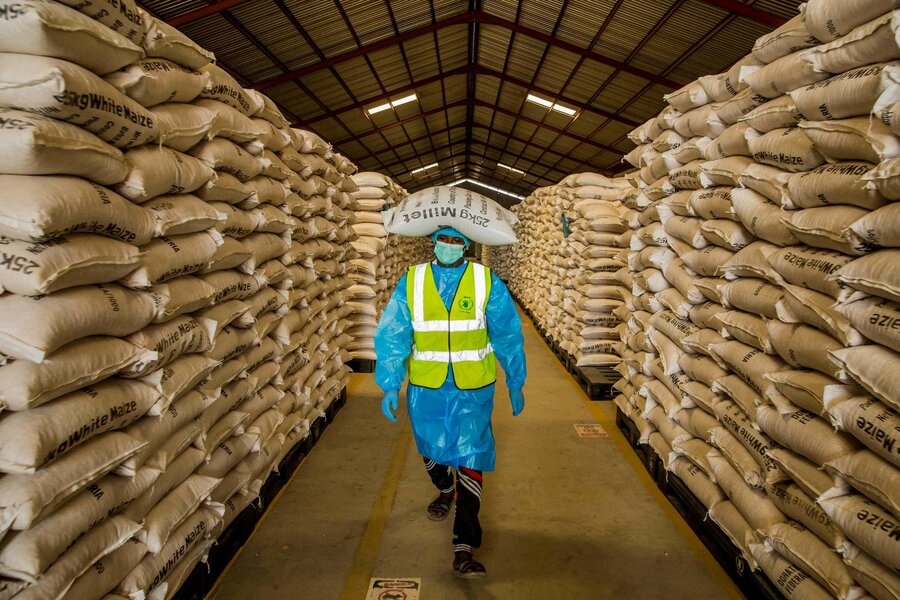













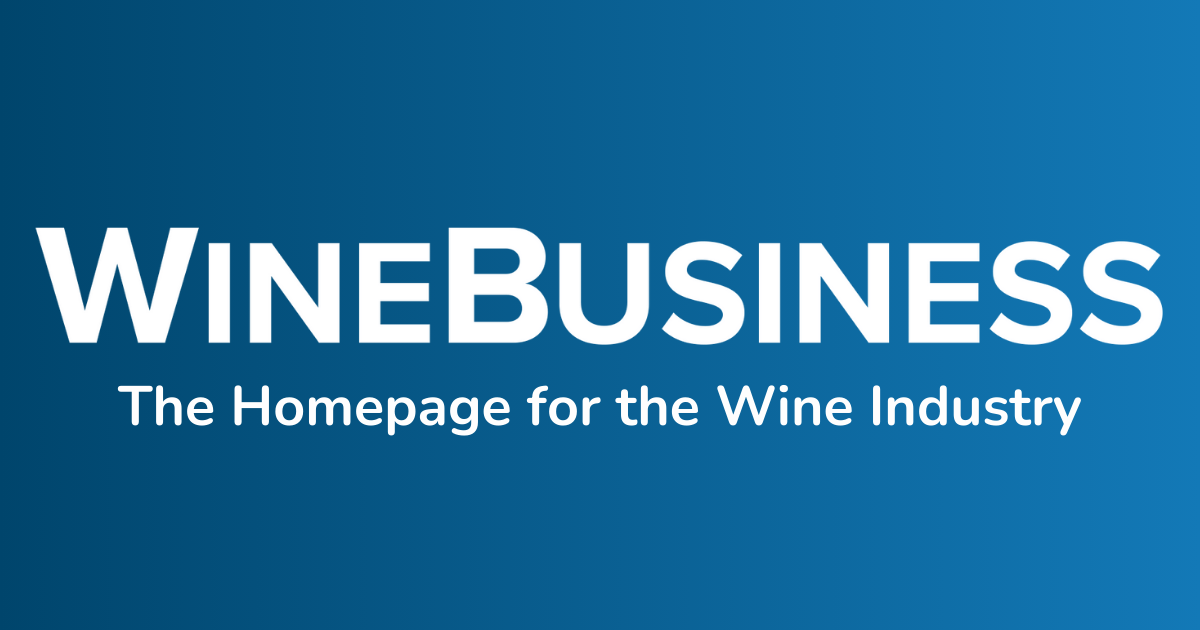

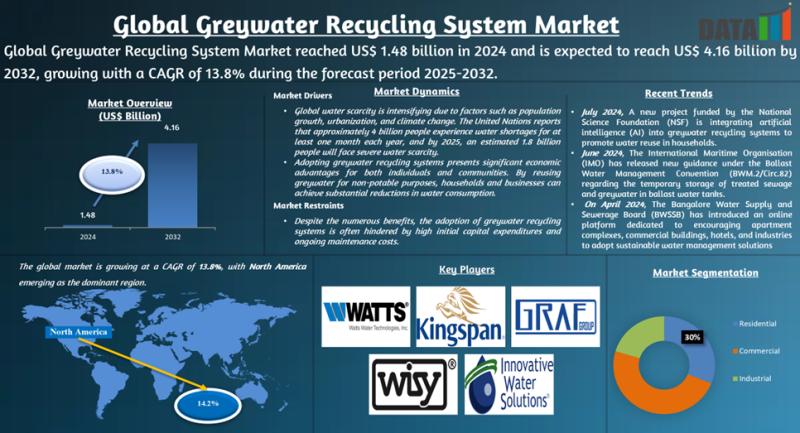



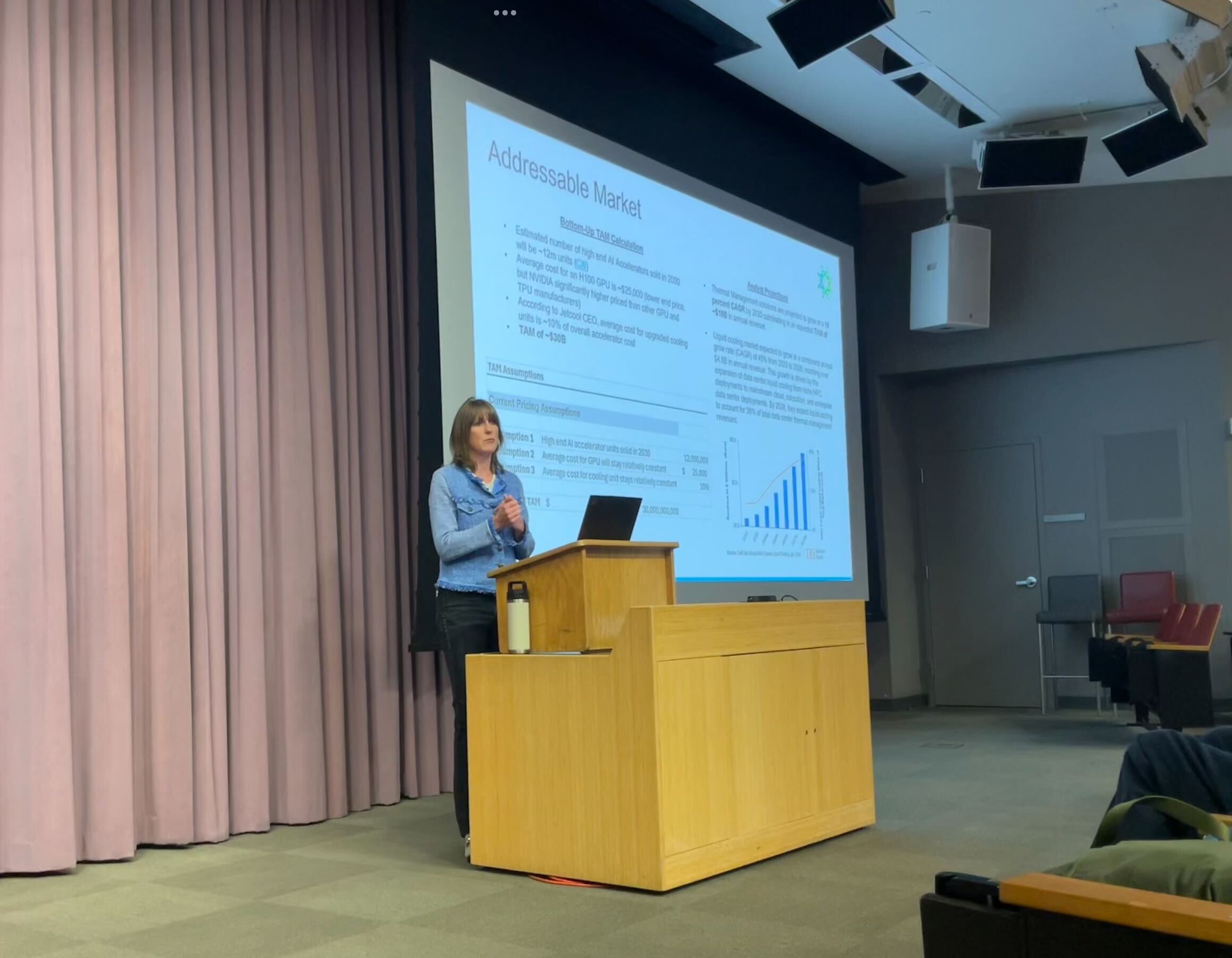













:focal(1500,1000)/https://media.globalcitizen.org/a6/9a/a69a4720-d8a1-4715-b596-18738d03c05c/rotary_polio_hero_image.jpg?#)



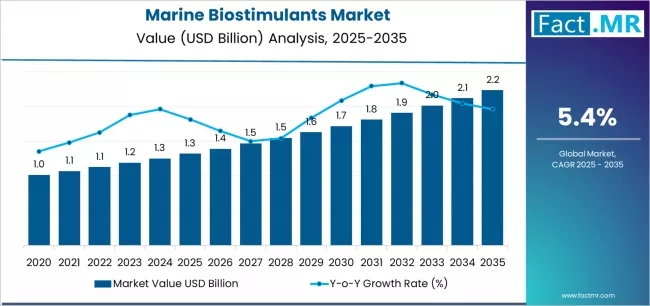


/countries/sri-lanka/photo-credit---dmc-sri-lanka.tmb-1200v.jpg?sfvrsn=dc298bcc_1#)










